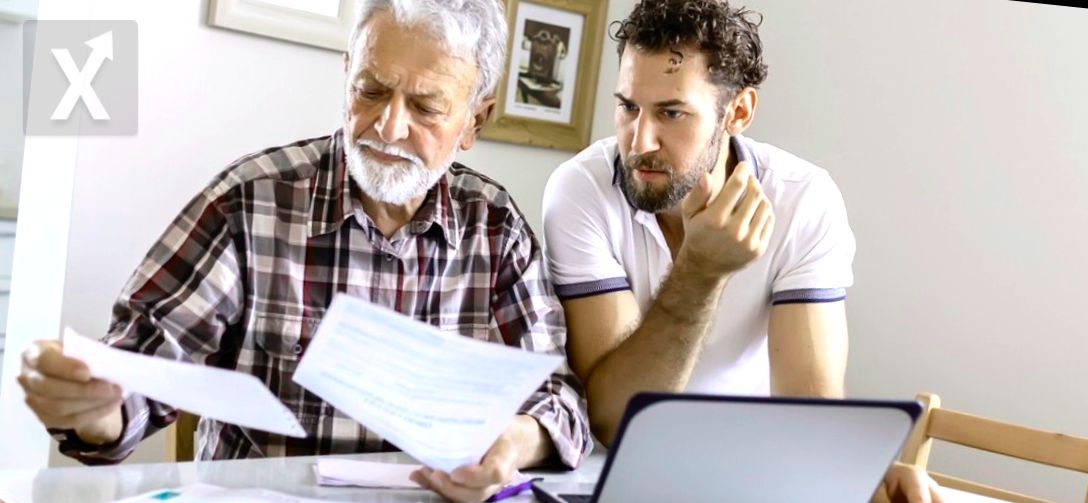Tax Deductions: An Advantage for High-Income Earners

In our country, tax deductions for personal expenses primarily benefit high-income men, creating significant inequality compared to women and lower-wage individuals. Analysts consulted by Expansión emphasize the need to review and update these tax incentives.
"Currently, 55 out of every 100 pesos deducted from income tax (ISR) are utilized by high-income men, specifically those in the highest decile,” stated Carlos A. Brown, Director of Knowledge and Tax Justice at Oxfam Mexico. Among the reasons for this trend are the existing wage gap between men and women, as well as differences in how income is generated. Women generally rely more on independent work or unregistered activities, he explained. Alejandra Macías, Executive Director of the Economic and Budgetary Research Center (CIEP), added that many women are not registered with the Tax Administration Service (SAT) and, therefore, cannot file their annual ISR declaration, preventing them from accessing such deductions. "These are structural issues within our labor market that affect women's participation and their access to tax incentives," she clarified.
In Mexico, approximately 90% of individuals engaged in unpaid household work are women, highlighted Carlos Brown. Men tend to benefit more from deductions related to mortgage interest, school transport, health insurance, and tuition fees. On the other hand, women frequently deduct expenses related to caregiving, medical costs, and funerary expenses. "Statistics show that women visit the doctor more often than men, which corresponds with their longer life expectancy,” emphasized Macías. "The burden of caregiving, even in post-death matters, falls on women, reflecting a socially assigned distribution of responsibilities that deserves attention," Brown added.
Analysts agree that it is crucial to review these deductions, as they primarily benefit those with access to information and tools to take advantage of them. High-income men are able to claim more deductions because lower-income individuals have fewer opportunities to access deductible products and services, Macías explained. "It’s necessary to investigate what is least deducted and why, which is related to consumption levels," she commented. The task of paying taxes and staying informed about tax obligations is not straightforward, and this represents a barrier for many when it comes to deductions. There is also a relationship between the ability to pay for accounting advice and access to tax information, detailed the director from Oxfam Mexico.
To reduce this inequality, Alejandra Macías suggested it would be helpful to evaluate revenue waivers and, based on the results of each incentive, determine whether to maintain or eliminate them, as they could represent a loss of public revenue. During the presentation of the Economic Package, the Alliance for Tax Justice, which includes Oxfam and CIEP, proposed reviewing the deductions, as these have not been updated in accordance with the rising costs of deductible personal expenses. However, in the Federal Revenue Law Initiative (ILIF), no proposals have been presented for such a review.
In summary, it is essential that adjustments are made to fiscal policy to promote greater equity in accessing tax deductions, particularly considering the differences in income and labor conditions between men and women. An equitable tax policy would not only benefit more taxpayers but could also contribute to the increase in public revenue that the country desperately needs for its development.






